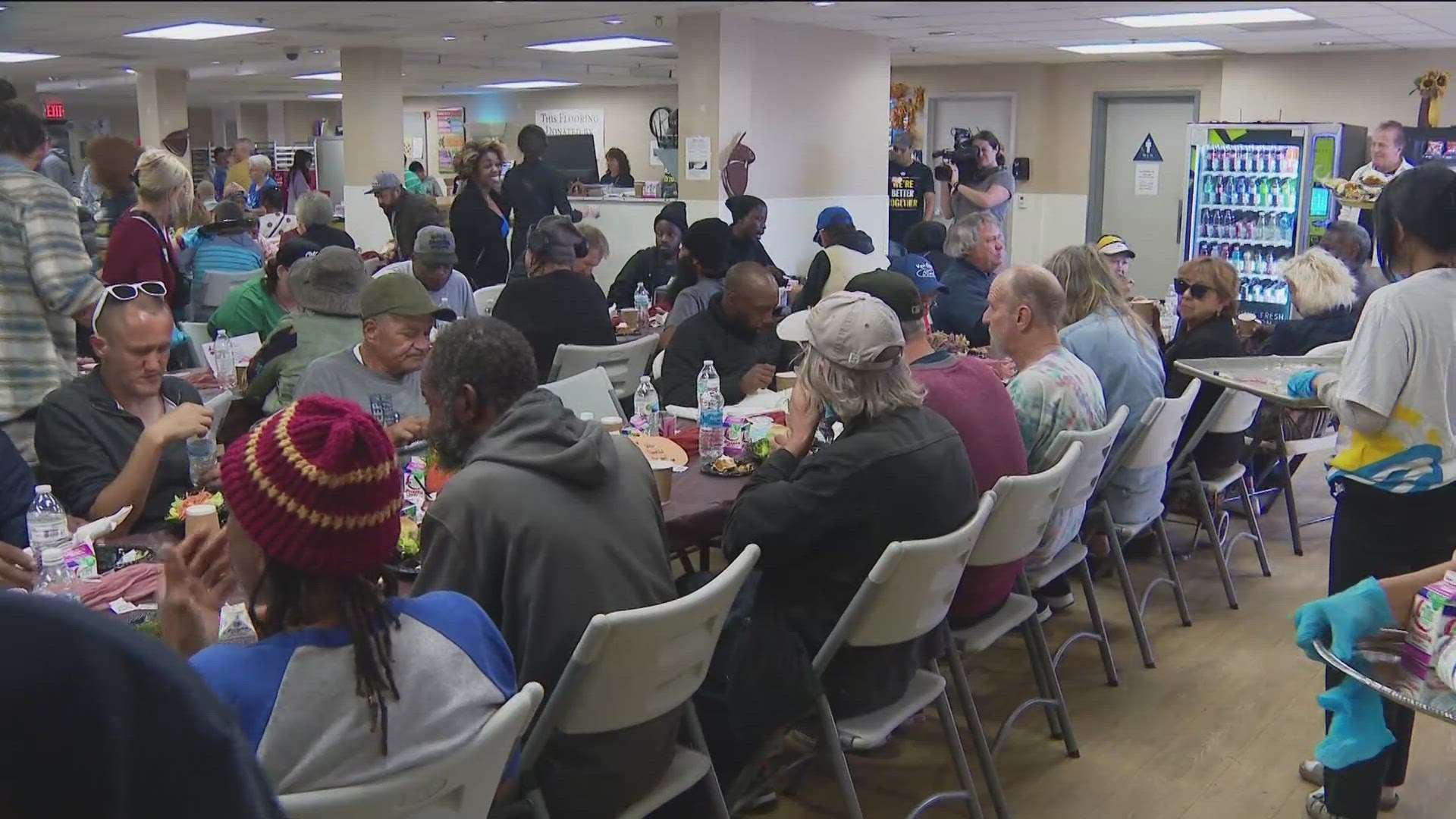More than $770 million in losses to fraud in the U.S. last year started with posts on social media, the Federal Trade Commission reported Tuesday. And investment scams appear to be the most popular.
The amount of money lost in 2021 was an 18-fold increase from 2017, the FTC said in its Consumer Protection Data Spotlight. That year, social media-initiated scams took $42 million from Americans.
More than 95,000 people were victims last year from scams launched from a social media platform, the agency said.
Scams can start from someone pretending to be your friend
In terms of dollars lost, the No. 1 type of scam was investment scams. The FTC said more than half of people who reported losses to investment scams in 2021 say it started on social media. And the scammers often posing as someone the victim knows.
"Reports to the FTC show scammers use social media platforms to promote bogus investment opportunities, and even to connect with people directly as supposed friends to encourage them to invest," the FTC said. "People send money, often cryptocurrency, on promises of huge returns, but end up empty handed."
The FTC highlighted that bogus cryptocurrency investments were among the most popular by scammers.
Romance scams were the second-most profitable on social media, the FTC said. More than one-third of those losing money in this type of scam said it was initiated on Facebook or Instagram. What started as a friend request often ended in a request for money.
Online shopping scams from social media are most common
Online shopping scams that started on social media led to the third-most losses in terms of money. But the FTC said those scams generated the largest number of loss reports in 2021 -- 45%
In the majority of cases -- 7 out of 10 -- people said they placed an order based on an ad they saw, but never got the item they paid for.
"Some reports even described ads that impersonated real online retailers that drove people to lookalike websites," the FTC said. "When people identified a specific social media platform in their reports of undelivered goods, nearly nine out of 10 named Facebook or Instagram."
Other types of fraud besides investment, romance and online shopping scams made up 28% of total reports combined in 2021 and 27% of total financial losses.
How to protect yourself from social media fraud
Here are tips the FTC said can help protect people and their friends on social media from becoming victims.
Strengthen your privacy settings to limit who see your posts and information on social media. The more information you have out there, the greater the chance someone knows what you are interested in. Scammers can also use your information and photos to create dummy accounts that make your friends think you are contacting them or that you are posting or sharing something.
If you are contacted on social media by a friend who wants you to buy something or if they say they are in urgent need of money, call them directly.
"Their account may have been hacked – especially if they ask you to pay by cryptocurrency, gift card, or wire transfer. That’s how scammers ask you to pay," the FTC said.
If someone tries to rush you into a relationship -- friendship, romance or otherwise -- take a step back and don't rush into anything. And don't send money to someone you've never met in person. Here are some tips from the FTC on romance scams and how they can pull you in.
If buying an item online, be sure to do an online search about the company. Search its name plus the words "scam" or "complaint".
When possible, opt out of targeted advertising on social platforms.



